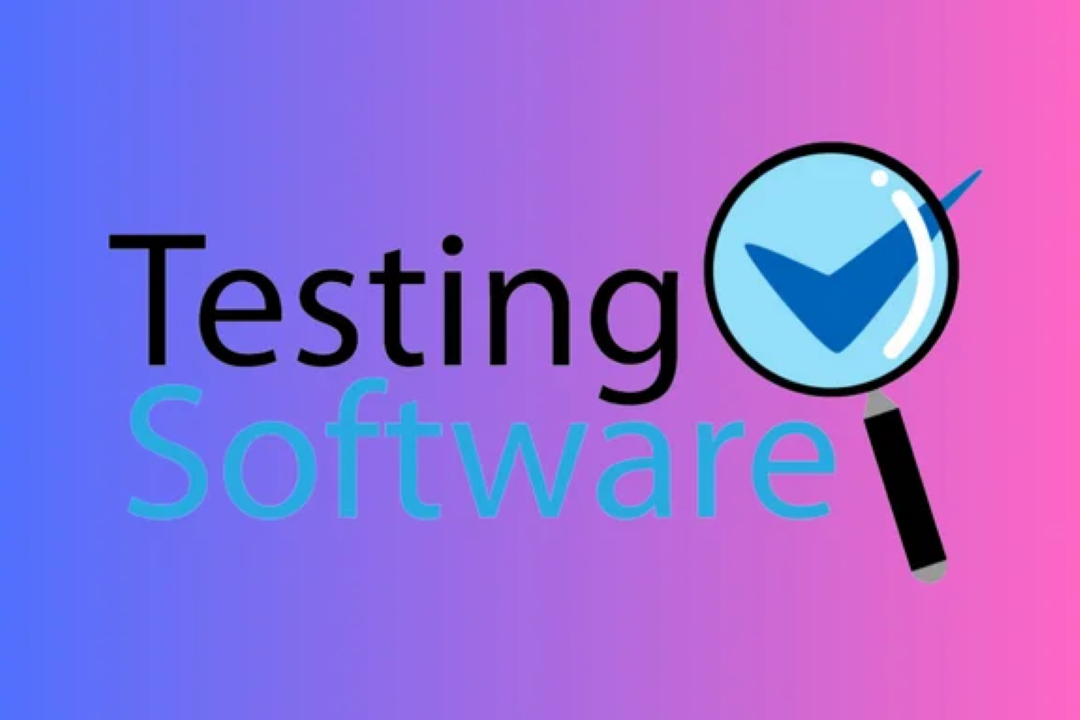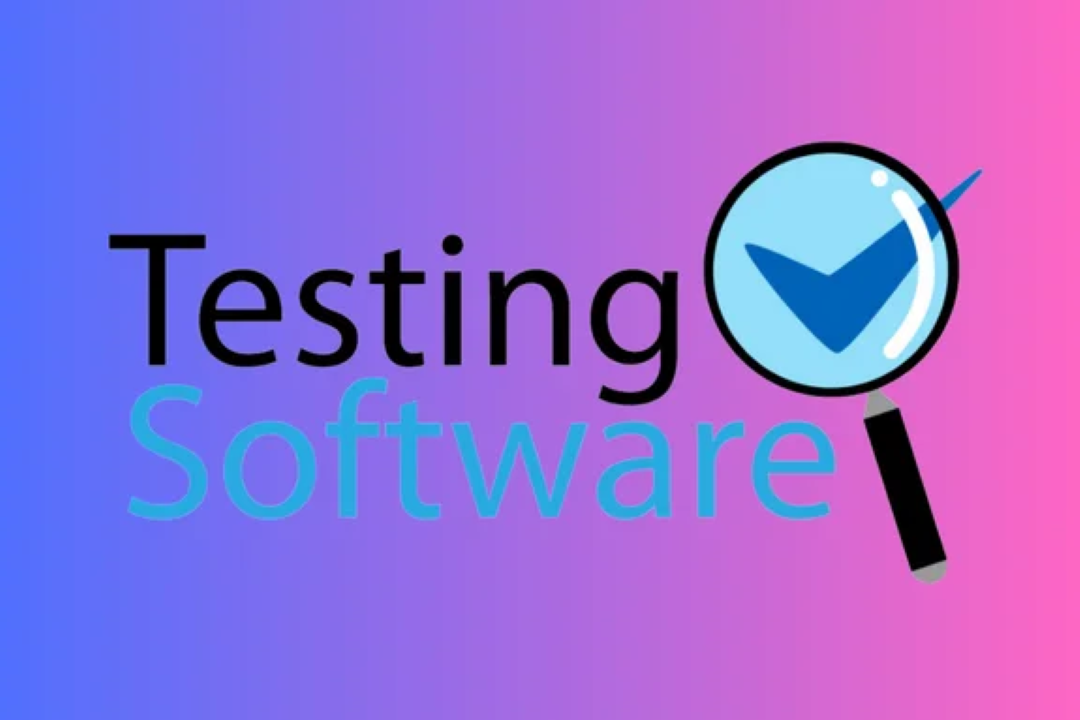MANUAL SOFTWARE TESTING ONLINE TEST SITE www.indiabix.com
IndiaBix is an online platform that provides a plethora of practice tests and quizzes tailored for m
MANUAL SOFTWARE TESTING ONLINE TEST SITE www.indiabix.com
IndiaBix is an invaluable online platform that offers extensive resources for manual software testing preparation. It features a diverse range of practice tests and quizzes specifically designed to enhance knowledge and skills in software testing principles and methodologies. The site allows users to engage with thousands of questions that cover both fundamental concepts and advanced topics, facilitating effective self-assessment and preparation for interviews and certification exams. With its user-friendly interface and instant feedback mechanism, IndiaBix empowers learners and professionals to track their progress, making it an essential tool for anyone looking to excel in the field of software testing.
To Download Our Brochure: https://www.justacademy.co/download-brochure-for-free
Message us for more information: +91 9987184296
IndiaBix is an invaluable online platform that offers extensive resources for manual software testing preparation. It features a diverse range of practice tests and quizzes specifically designed to enhance knowledge and skills in software testing principles and methodologies. The site allows users to engage with thousands of questions that cover both fundamental concepts and advanced topics, facilitating effective self assessment and preparation for interviews and certification exams. With its user friendly interface and instant feedback mechanism, IndiaBix empowers learners and professionals to track their progress, making it an essential tool for anyone looking to excel in the field of software testing.
Course Overview
The ‘Manual Software Testing’ course at JustAcademy is designed to equip participants with foundational and advanced knowledge in software testing methodologies. Through a comprehensive curriculum that includes hands-on projects, learners will explore essential concepts such as test planning, design, execution, and defect management. The integration of real-time projects ensures practical understanding and application of testing practices. Additionally, the course emphasizes the importance of analytical skills and problem-solving techniques, preparing students for industry standards. Interactive quizzes and assessments drawn from reputable sources like www.indiabix.com further enhance the learning experience, allowing students to gauge their proficiency and readiness for real-world challenges.
Course Description
The ‘Manual Software Testing’ course at JustAcademy offers a robust online platform for learners to master the essentials of software testing. This course covers key areas such as test planning, test case design, execution, and defect tracking through a blend of theoretical knowledge and practical, real-time projects. Utilizing resources from www.indiabix.com, students will engage in interactive quizzes and assessments to enhance their understanding and skills. By the end of the course, participants will be well-equipped to tackle challenges in the software testing domain and contribute effectively to quality assurance processes.
Key Features
1 - Comprehensive Tool Coverage: Provides hands-on training with a range of industry-standard testing tools, including Selenium, JIRA, LoadRunner, and TestRail.
2) Practical Exercises: Features real-world exercises and case studies to apply tools in various testing scenarios.
3) Interactive Learning: Includes interactive sessions with industry experts for personalized feedback and guidance.
4) Detailed Tutorials: Offers extensive tutorials and documentation on tool functionalities and best practices.
5) Advanced Techniques: Covers both fundamental and advanced techniques for using testing tools effectively.
6) Data Visualization: Integrates tools for visualizing test metrics and results, enhancing data interpretation and decision-making.
7) Tool Integration: Teaches how to integrate testing tools into the software development lifecycle for streamlined workflows.
8) Project-Based Learning: Focuses on project-based learning to build practical skills and create a portfolio of completed tasks.
9) Career Support: Provides resources and support for applying learned skills to real-world job scenarios, including resume building and interview preparation.
10) Up-to-Date Content: Ensures that course materials reflect the latest industry standards and tool updates.
Benefits of taking our course
Functional Tools
1 - Test Case Management Tools
Test case management tools help testers organize, store, and manage test cases effectively. These tools facilitate the creation of test plans and allow teams to track the execution and outcomes of test cases. With features such as version control, assignment management, and reporting, tools like TestRail or Zephyr improve overall project organization. They enhance collaboration among team members by providing a centralized platform for all testing activities.
2) Defect Tracking Tools
Defect tracking tools are essential for identifying, documenting, and managing defects found during the testing process. Tools such as JIRA or Bugzilla enable testers to log defects, assign them to developers, and monitor their resolution. These tools often include features for prioritizing defects, generating reports, and facilitating communication between testing and development teams. Effective defect tracking ensures that all issues are addressed and improves the quality of the final product.
3) Automation Testing Tools
Though the focus of manual testing is primarily on human led testing activities, familiarity with automation testing tools is beneficial. Tools such as Selenium and QTP (Quick Test Professional) are used to automate repetitive tasks that can complement manual testing efforts. Understanding these tools allows testers to see the broader picture of the software lifecycle, aiding in collaborative testing efforts with automation teams and increasing overall efficiency.
4) Collaboration Tools
Collaboration tools play a crucial role in fostering communication among team members involved in manual testing projects. Tools like Slack or Microsoft Teams provide platforms for real time messaging, video calls, and document sharing. These tools ensure that everyone is on the same page, facilitating discussions around testing requirements, findings, and next steps. Improved collaboration enhances team cohesiveness and promotes effective problem solving among testers and developers.
5) Test Management Software
Test management software assists in the overall oversight of the testing process, allowing project managers to assess progress, resources, and overall quality. Tools like Quality Center and PractiTest provide functionalities for managing test phases, recording results, and visualizing test coverage through dashboards and reporting features. These insights guide decision making, allowing teams to allocate resources effectively and prioritize critical tasks within testing cycles.
6) Performance Testing Tools
Performance testing tools are mainly used to assess how a system behaves under load. Familiarity with tools such as LoadRunner or Apache JMeter is conducive for testers, as even manual testers need to be aware of performance considerations. These tools simulate various user loads and analyze response times, throughput, and resource utilization. Understanding performance testing can help manual testers provide valuable recommendations on product scalability and maintenance.
7) Version Control Systems
Version control systems like Git are crucial for managing changes to test artifacts and documentation. They allow teams to track revisions, collaborate seamlessly, and revert to previous versions if necessary. Understanding version control principles is vital for testers, especially when working on projects that require constant updates and coordination between multiple team members.
8) Test Data Management Tools
Test data management tools assist in creating, managing, and provisioning test datasets for various testing scenarios. Tools such as Informatica or Delphix help testers ensure they have the right data at the right time while maintaining data privacy and compliance. The ability to create realistic test data enhances the quality of testing efforts and reduces the complexity associated with managing sensitive information.
9) Continuous Integration/Continuous Deployment (CI/CD) Tools
Familiarity with CI/CD tools such as Jenkins or Travis CI enhances the effectiveness of manual testers by integrating testing within the development pipeline. These tools automate the build and testing processes, enabling quicker feedback on code changes. Understanding CI/CD workflows allows testers to contribute to the overall agility and efficiency of release cycles, ensuring that any manual testing aligns with ongoing development efforts.
10) User Acceptance Testing (UAT) Tools
UAT tools support the end user testing phase to validate that the software meets business needs. Tools such as TestLink or UATPro facilitate user feedback collection, ensuring that the final product aligns with user expectations. Knowledge of UAT processes empowers manual testers to better interact with stakeholders and facilitate communication between users and the development team for effective acceptance testing.
11 - Mobile Testing Tools
With the rise of mobile applications, familiarity with mobile testing tools like Appium or BrowserStack is essential for manual testers. These tools help ensure that applications function correctly across different devices and operating systems. Understanding the nuances of mobile testing allows testers to identify issues specific to mobile environments, such as performance variances, user interface inconsistencies, and functionality across devices.
12) Code Review Tools
Code review tools such as Crucible or GitHub provide platforms for peer review of code changes. Testers should be aware of these tools as part of their collaboration with developers, ensuring they can provide input on functionality and identify potential quality issues early in the development cycle. Engaging in code reviews fosters a quality culture within teams, enhancing the overall software quality.
13) Reporting and Analytics Tools
Effective reporting and analytics are vital for understanding testing outcomes, trends, and areas for improvement. Tools like Google Analytics or custom dashboards provide insights into testing performances, defect trends, and resource usage. Knowledge in this area helps manual testers contribute to strategic decision making and identify opportunities for process improvement and optimization.
14) API Testing Tools
Understanding API testing tools like Postman or SoapUI is increasingly important as applications rely heavily on APIs for functionality. Familiarity with these tools allows manual testers to validate API requests and responses, ensuring that the integration between various services operates smoothly. Testing at the API level helps catch issues early, making it an integral part of the overall testing strategy.
15) Training and Documentation Tools
Tools such as Confluence or SharePoint are beneficial for documenting testing processes, test cases, and results. Creating well organized documentation is essential in maintaining transparency and consistency in testing efforts. Knowledge of these tools allows testers to effectively create and manage knowledge repositories that support onboarding, process improvement, and cross team collaboration.
Browse our course links : https://www.justacademy.co/all-courses
To Join our FREE DEMO Session:
This information is sourced from JustAcademy
Contact Info:
Roshan Chaturvedi
Message us on Whatsapp: +91 9987184296
Email id: info@justacademy.co












